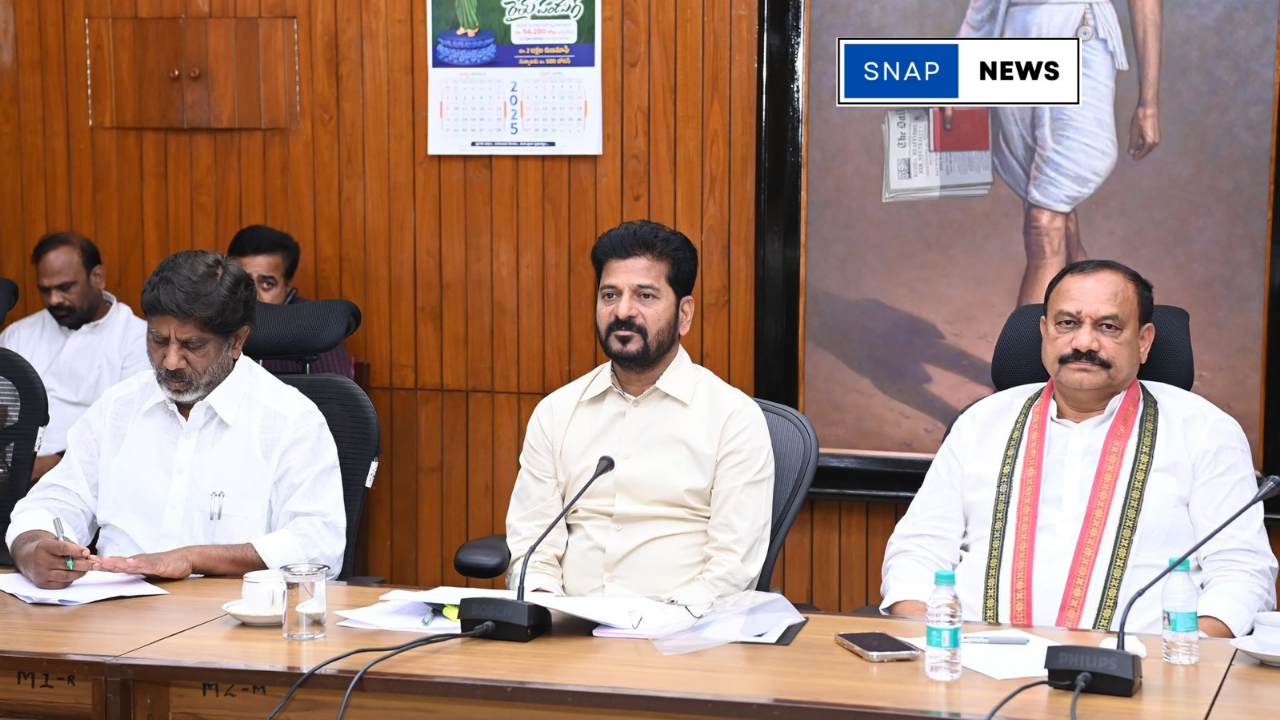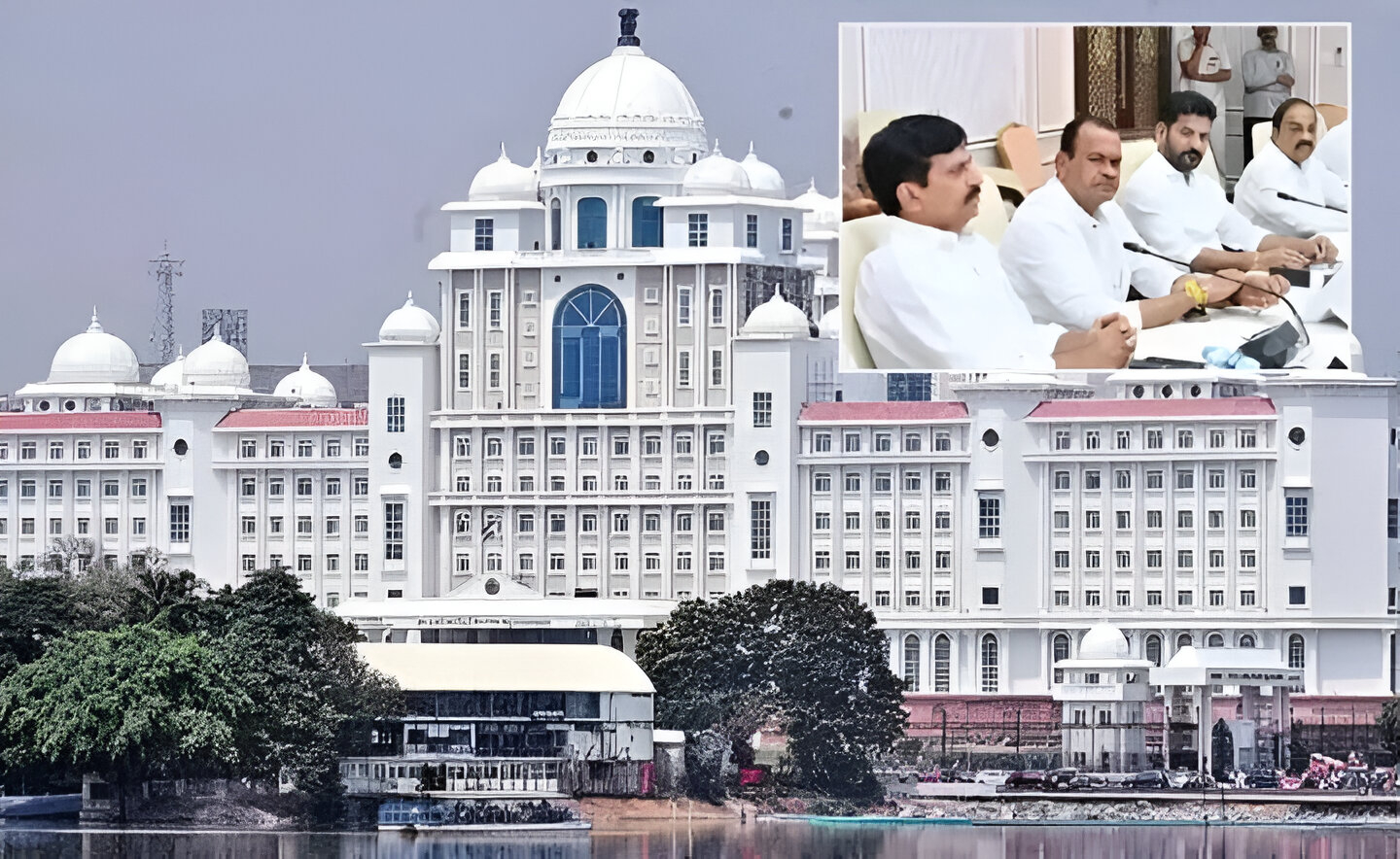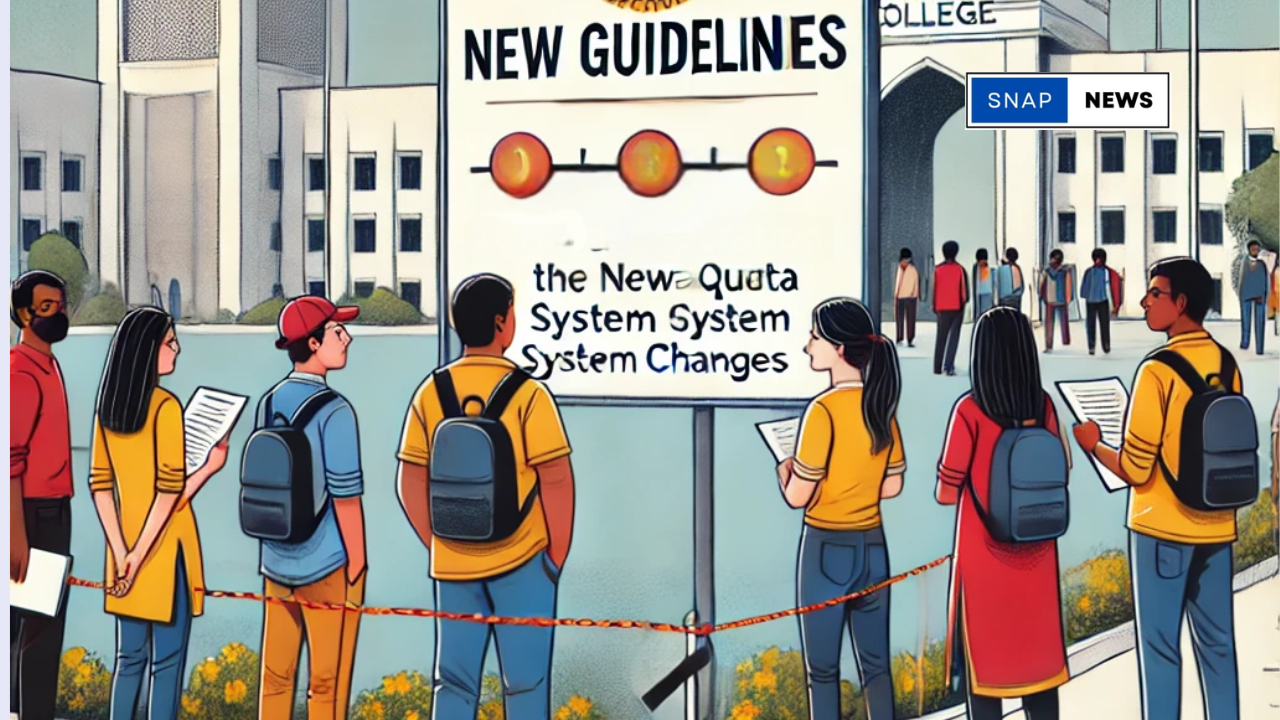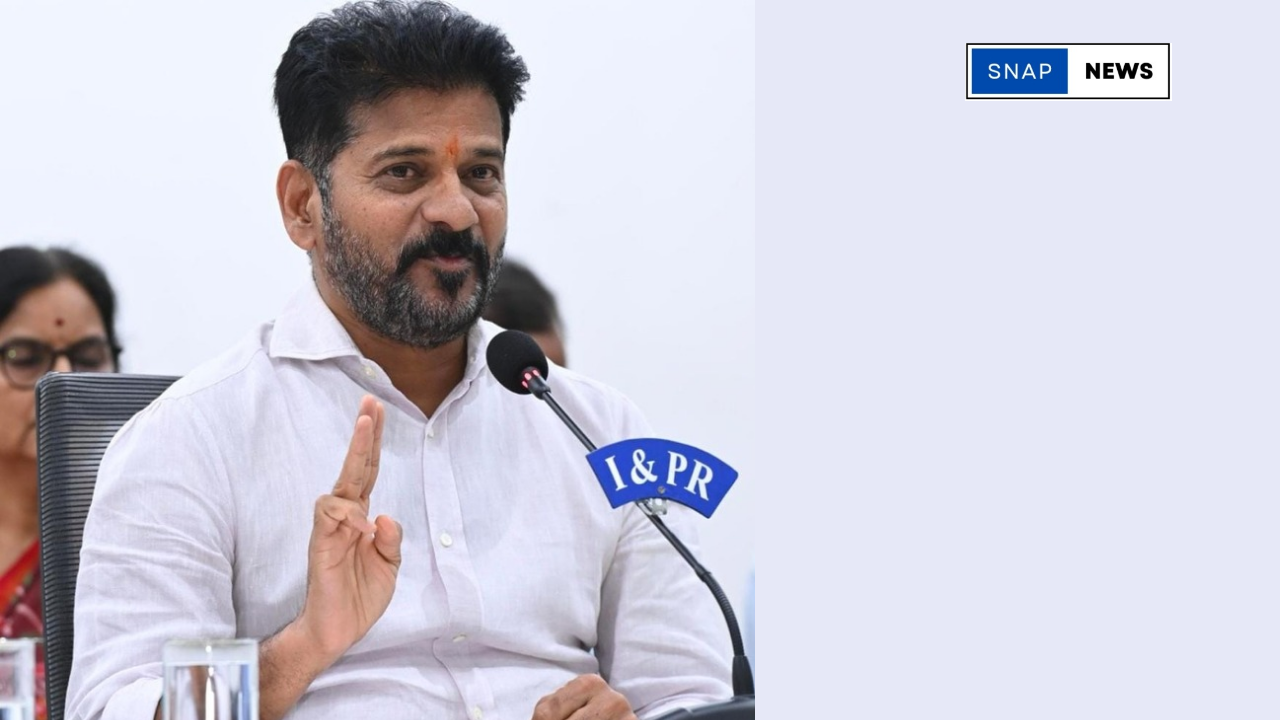Kerala’s Second Mpox Case Confirmed: Urgent Measures Implemented
Kerala’s second Mpox case confirmed in Kochi marks the third occurrence of the virus in India since the WHO declared Mpox a public health emergency. The 26-year-old patient, who recently returned from the UAE, was promptly admitted to a Kochi hospital after exhibiting symptoms during airport screening.
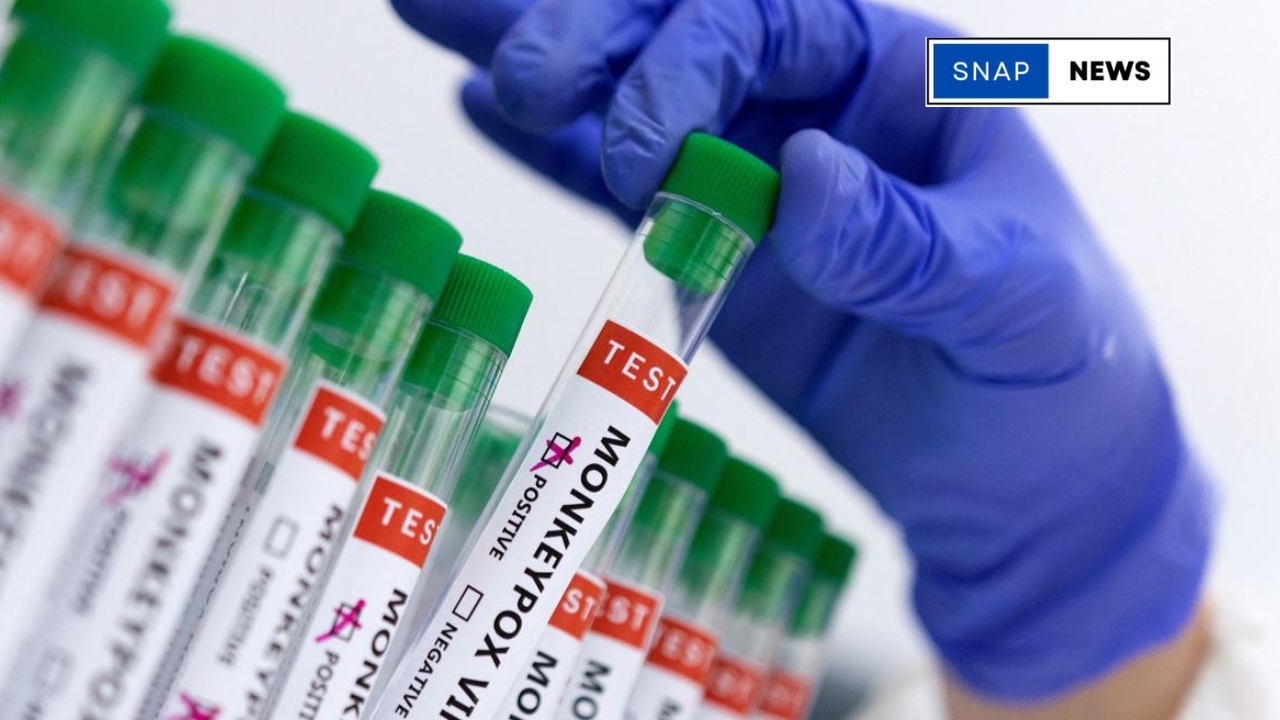
1. Overview of Kerala’s Second Mpox Case
The recent confirmation of Kerala’s second Mpox case has heightened concerns across India. The infected individual, aged 26, was detected during routine health screenings at the Kochi airport. This case follows the first Mpox case in Kerala, reported in a 38-year-old returning from the UAE, and brings India’s total to three cases nationwide.
2. Government Response and Preventive Measures
In response to the rising Mpox cases, the Indian government has issued comprehensive advisories to all States and Union Territories (UTs). Kerala Health Minister Veena George emphasized the importance of immediate medical attention for travelers returning from abroad. New wards have been established in hospitals like the one in Kochi to accommodate Mpox patients safely.
3. Public Awareness and Community Engagement
Raising public awareness is crucial in controlling the spread of Mpox. The government is actively promoting information on Mpox transmission, symptoms, and preventive measures. Community engagement initiatives aim to educate the public about the importance of timely reporting and taking necessary actions to curb the virus’s spread.
4. Guidelines for Isolating and Treating Mpox
Do: Isolate Suspected Cases
Immediate isolation of suspected Mpox cases is essential to prevent transmission. Healthcare facilities are equipped with proper isolation units to manage both suspected and confirmed cases effectively.
Do: Follow Symptomatic Treatment
Infected individuals receive treatment based on current guidelines, focusing on symptom management. Hospitals have strengthened their diagnostic capabilities, utilizing ICMR-approved labs for early detection and testing.
5. Importance of Timely Reporting and Testing
Ensuring timely testing is a critical component of the response strategy. Samples from suspected cases are promptly sent to designated labs for confirmation. Positive samples undergo genome sequencing at ICMR-NIV to identify the Mpox clade, aiding in targeted containment efforts.
6. Avoiding Public Panic and Overcrowded Hospitals
Don’t: Cause Panic
Effective communication is key to preventing public panic. Authorities are providing clear and balanced information to keep the public informed without inciting fear.
Don’t: Overcrowd Hospitals
Hospitals are advised to admit only symptomatic or confirmed Mpox cases to avoid overcrowding. Mild cases are encouraged to get tested and isolate at home, ensuring that healthcare facilities are not overwhelmed.
7. Conclusion
The confirmation of Kerala’s second Mpox case underscores the importance of vigilant public health measures. By adhering to government guidelines, promoting public awareness, and ensuring timely reporting and isolation, Kerala and the rest of India aim to contain the spread of Mpox effectively. Staying informed and following preventive protocols remain essential in navigating this public health challenge.
🚨 Kerala reports its second Mpox case 🚨
A 26-year-old from UAE has tested positive in Kochi, marking India’s third case. Govt ramps up testing and isolation efforts. Stay safe, stay informed! #Mpox #Kerala #HealthUpdate #PublicHealth pic.twitter.com/Tinm2csT68— Snap News (@snapnews_24) September 29, 2024


